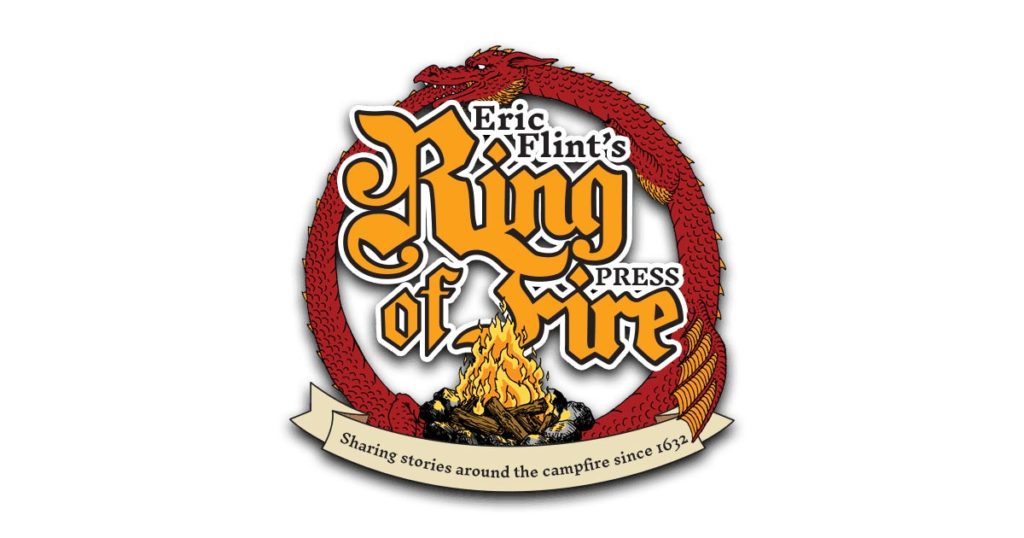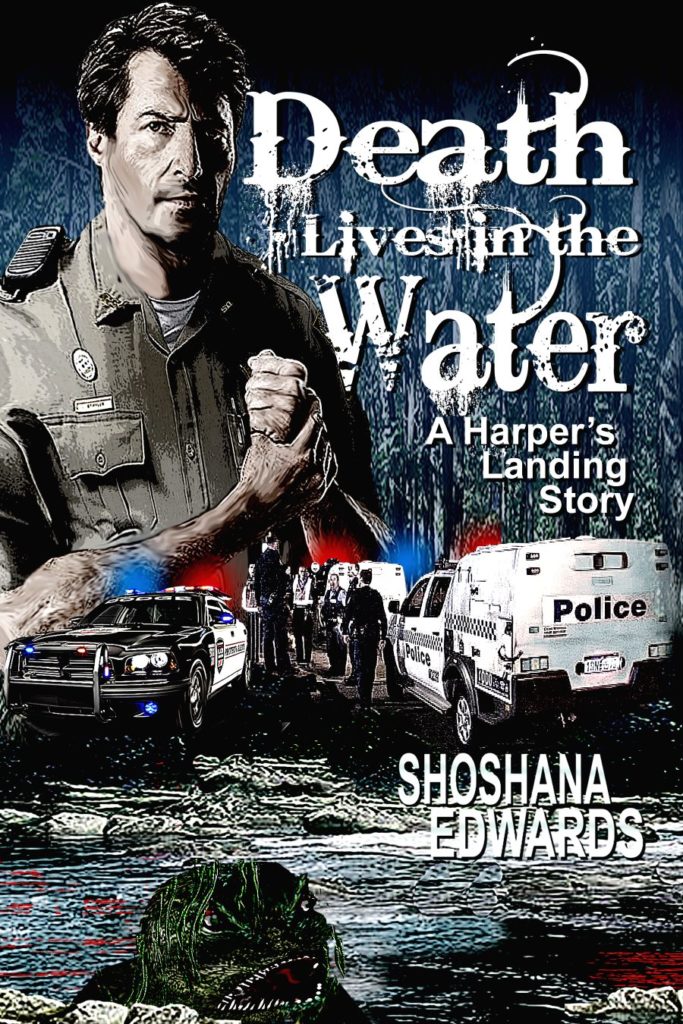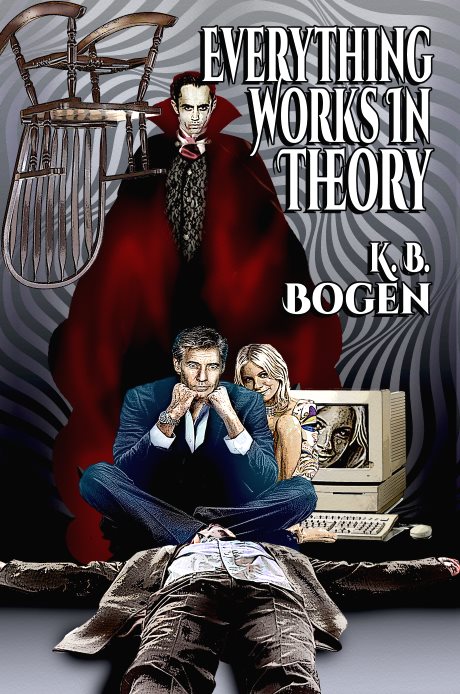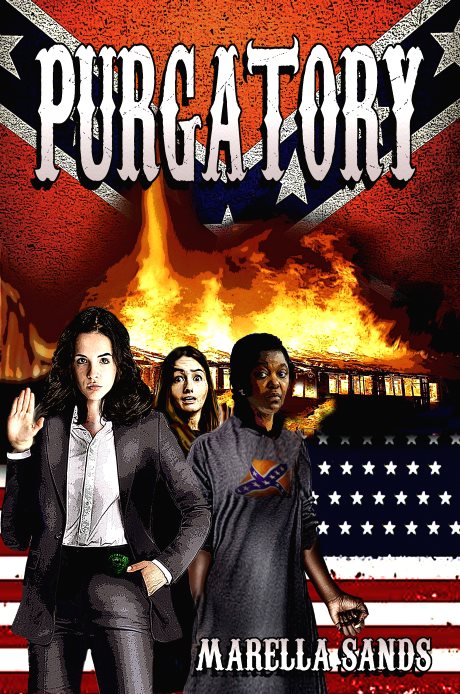As many of you already know, I have a publishing house of my own called Ring of Fire Press. I launched the house back in 2013 as a way to publish stories in the Ring of Fire series that were too long to include in one of the anthologies published by Baen Books. For the first few years, I operated the house on a pretty hit-or-miss basis. I had no regular publishing schedule and didn’t put a lot of money or effort into it. I was really doing it just as a service to some of our long-standing authors.
A little over two years ago, however, I decided to take it more seriously. The first thing I did was engage a professional artist (Laura Givens) to do the covers. That instantly made a huge difference—by which I mean increasing our sales by almost an order of magnitude.
Once I saw that we had a much bigger income, I took on Walt Boyes and Joy Ward as a combination of managers and editors of the house, so that it would no longer be something I was trying to do on the side. And we decided to establish a regular publication schedule. Initially that was one book a month, but we soon expanded that to two books a month.
For a time, our focus remained on publishing Ring of Fire series books. But it didn’t take us long to realize that we’d built a real publishing house—so why not use it to publish any sort of fantasy and science fiction?
We’ve been doing that now for some time, and reached the point where Ring of Fire series books are only about one-third of what we publish. In fact, we’ve expanded our output so much that beginning in July we’re going to shift to a three-book-a-month schedule.
One of the things that has enabled us to do is bring on a lot of new authors. We’d been doing that for a long time in the Ring of Fire series. Most of my novel co-authors are people who started as fans of the series and learned to write in that framework. Now that we have a publishing house of our own, we no longer have to stay within those limits.
Of course, there are some drawbacks to publishing through a small press from the point of view of authors. The biggest one is that you will get less exposure because you’re not being sold in brick-and-mortar bookstores, but only online and occasionally in venues like comic cons or SF conventions. The reason for this is simple. If a publisher sells to brick-and-mortar bookstores through a distributor like Ingram, they have to be willing to accept returns. And the problem with returns is that they require a lot of personal labor unless you have a large enough income to handle it through a warehousing service. I don’t have that much of an income—see definition of “small press”—and I’m damned if I’m going to put my creaky 73-year-old self through the travails of hauling books up and down to my basement.
As a rule, you will also make less money through a small press. That’s less of a problem, though, because—being blunt about it—new authors rarely make much money anyway. We do pretty well on that score. Ring of Fire Press has at least a dozen authors who’ve made as much if not more money from royalties than new authors typically get in the way of advances from major publishing houses. (And keep in mind that most advances don’t earn out, so the authors never see any royalties at all.)
But, especially for a new author, there are advantages of a small press as well as disadvantages. Because a major publishing house is going to invest quite a bit of money upfront by paying an advance and doing a large print run, it has to be cautious in its selection of new authors—and there aren’t going to be many of them to begin with because new authors rarely sell very well.
I don’t face that problem. I don’t pay advances and I only do very small print runs for use at comic cons and SF conventions (which, of course, are in abeyance at the moment). By publishing almost entirely electronically and on a print-on-demand basis, I keep my costs manageable. And that means I can afford to take chances that a major publishing house won’t even consider.
One of those gambles I can make—the biggest one, in fact—is that I’m willing to publish a lot of new authors. Even if they don’t sell very well—which most of them don’t, although that can improve over time—I don’t worry about it. My expenses are low enough that even if a new author’s book sells poorly, I can just shrug it off. I’m willing to stick with new authors who don’t sell well much longer than a major publishing house. In fact, I have never yet dumped an author and I don’t foresee any likelihood that I will. As long as I or my editors like an author’s work, we’ll publish it.
We have a lot of new authors who are now in our pipeline. I’ll be talking about them in later posts. But for now I want to talk about the new author whose first novel we’re going to be publishing in a few days. That’s Julie Frost, and the book is titled Dark Day, Bright Hour.
This is a novel that no major publishing house would have even considered publishing. First of all, it’s too short. A few decades ago, Dark Day, Bright Hour would have fit right into the standard length for most novels, which was forty to sixty thousand words. But the market has changed for major publishers, and they will insist on a minimum of 80,000 words and they usually want more than that.
Leaving aside the length of Dark Day, Bright Hour, it’s a quirky sort of novel—and for a major publishing house, quirky equals risky.
But I just don’t care. I liked the book so I’m publishing it.
Julie’s not the first new author we’ve published. Leaving aside the authors who came up through the Ring of Fire series, we’ve published Marella Sands’ alternate history novels Perdition and Purgatory—and the sequel Perfection will be coming out soon. We’ve also published Shoshana Edwards’ first novel, Death Lives in the Water and K.B. Bogen’s Everything Works in Theory.
And we’re stepping it up. Over the course of the next few months, we’ll be published works—mostly first novels—by a number of new authors. That’s one of the things I want Ring of Fire Press known for. My editors and I want this publishing house to be a haven for new authors.
We have to like their books, of course. But as long as we do, that’s our only consideration.
Those of you who enjoy discovering new authors should keep checking in with us. For the moment, though, what you can do is buy Julie Frost’s Dark Day, Bright Hour when it comes on sale May 15..
I really do like the book. If I didn’t, I wouldn’t be publishing it.
I mean, how can you resist a story like this:
Derek’s been secretly storing up power for millennia, because he wants revenge on everyone on his list—and it’s a very long list.
But as a low-level crossroads demon, his chances of success are pretty much zero. Now he’s stuck escorting three idiots through Hell: a condemned hitman, a choir girl cast into the Pit by a clerical error, and her guardian angel—with whom Derek has a history, thanks very much.
With an infernal rebellion looming, along with a premature Armageddon, the black and withered thing Derek used to call a conscience rears its stupid head. Now he has a choice…
Rescue friends he never thought he’d have from a boss he never thought he’d defy. Or let it all burn and dance in the ashes.
Dark Day, Bright Hour will be on sale May 15. You can buy it either from our own web site (https://ringoffirepress.com/) or from Amazon. Or from Baen Books’ Webscriptions, although that will take a bit longer. One caveat: if you want a paper edition, you need to buy it from Amazon. We’re not set up to print books ourselves.







Hi Eric and a jolly English good morning and hello to you!
let me first say that I have increasingly been purchasing ring of fire books from kindle (now I know you have your own thing I will check it out) over some of the other 1632 stuff because I have found them to be of better quality than main spine books! especially the Russian murder/Sherlock one and fire on rio grande (read it last week or so) for real not smoke up butt cool beans as they say around here ….
I am an alternative history novel something that could be considered quirky lol and after a brutal edit it will be ready to submit to publishers (or do it yourself job on kindle-pub if I have to) it involves Christopher Columbus, Ghengis Khan and Rome. I will check your website out and when it is polished enough I will send you a draft?
look forward to hearing from you
yours sincerely Tom